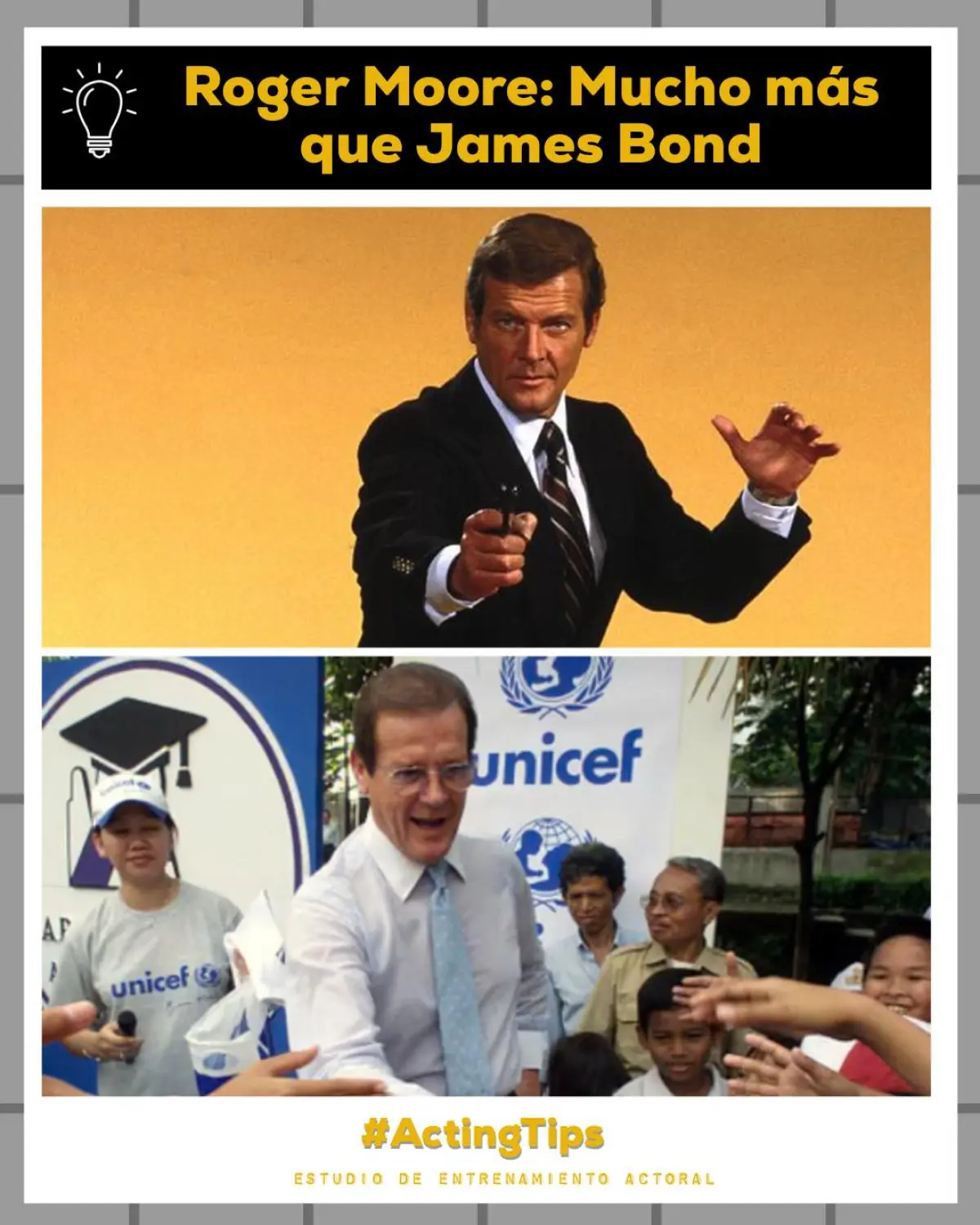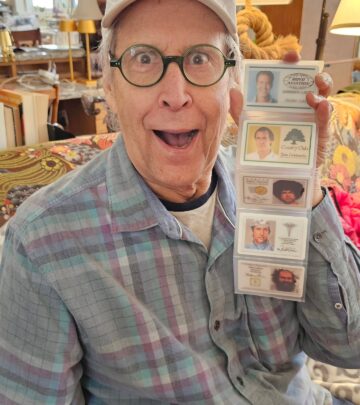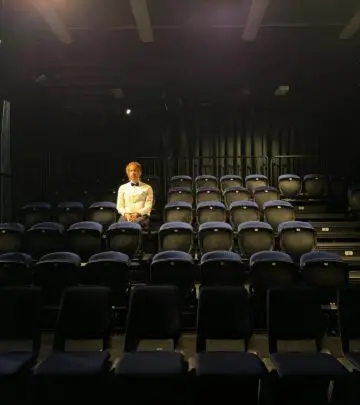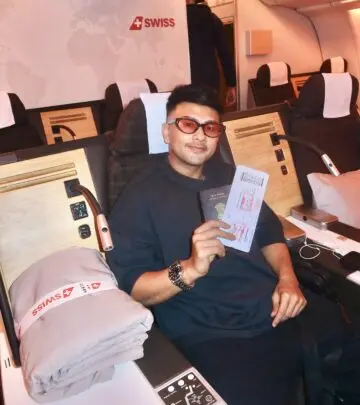Roger Moore’s Humanitarian Legacy
Celebrating the concealed heroics beyond cinema walls with compassion and activism for all.

Image: Instagram
Few names in cinematic history evoke as much charm and adventure as Roger Moore. Best known for his suave portrayal of the iconic agent 007 in seven films, Moore’s true legacy extends far beyond the glitz of the silver screen. His commitment to humanitarian causes, particularly his decades-long work with UNICEF, remains an enduring testament to his deep compassion and willingness to stand up for children in need.
In 1991, Roger Moore was appointed as a Goodwill Ambassador for UNICEF. From that moment on, he dedicated over 25 years of his life to defending the rights of children across the globe. Traveling to conflict zones, refugee camps, and vulnerable communities, he worked tirelessly to raise awareness about critical issues such as child malnutrition, poverty, and abuse. His efforts were not limited to high-profile visits; he turned down several film projects so he could devote more time to humanitarian missions.
A True Humanitarian
Moore’s commitment to humanitarian work was fueled by a belief that his celebrity status could be a powerful tool for social change. He used his international recognition to shine a light on the plights faced by countless children around the world. His visits to regions affected by conflict and instability were aimed at not only offering hope but also pressuring governments and organizations to take meaningful steps toward protecting the lives of the most vulnerable.
His work with UNICEF was marked by a series of high-impact initiatives. Moore’s personal engagements often involved direct visits to crisis areas where he met with children and community leaders. In these moments, he provided more than just a symbolic representation of support; his presence was a moving reminder that even those in distant, troubled regions were not forgotten. His humanitarian journey earned him numerous accolades, including the Order of the British Empire and other international recognitions. Yet, despite these honors, Moore maintained that his greatest achievement was being able to make a tangible difference in the lives of children.
Legacy Beyond The Lens
Seven years after his passing, Roger Moore is remembered not only for his cinematic elegance and charm but also for the size of his heart and his unwavering commitment to humanitarian causes. His career in film, filled with daring stunts and debonair characters, captured the imagination of audiences worldwide. But it is his work on behalf of UNICEF that continues to resonate, offering an alternative narrative of a man who was as committed to public service as he was to the art of acting.
Moore’s legacy serves as a powerful reminder that true heroism is not confined to the reel world of cinema. Through his work with UNICEF, he was able to connect with communities across continents, building bridges and fostering a sense of global solidarity. His example has inspired many in the entertainment community to consider the wider impact of their work. In recent posts, the actor community — including celebrated figures connected to projects and training initiatives such as those by Acting Tips — has reflected on how Moore’s blend of artistry and activism provides a blueprint for using fame for higher causes.
Current discussions among industry insiders often reference Moore’s humanitarian work as a benchmark for blending career success with meaningful social engagement. Acting schools and training institutes have started to emphasize the importance of leveraging one’s public presence for societal good, a lesson that Moore demonstrated throughout his life. These conversations are echoed on social platforms where actors reflect on personal growth, professional integrity, and a sense of duty to the community.
Moreover, the iconic image of Moore during one of his UNICEF missions – captured in a recent Instagram post from a well-known acting training studio – reminds us that behind the persona of a legendary spy lay a man with a profound dedication to human rights. This visual narrative connects past and present, showing how the legacy of one actor continues to inform and inspire a new generation of performers and activists alike.
Beyond his noteworthy film career, Moore’s humanitarian work has had lasting repercussions in the public sphere. His efforts helped bring urgent issues affecting children to the forefront of global discussions, influencing policy decisions and charitable initiatives worldwide. By choosing to prioritize his work with UNICEF over potentially lucrative film roles, he set a powerful example that true impact is measured not in box-office numbers but in the lives improved by compassion and solidarity.
Today, as we remember Roger Moore, it is clear that his contributions transcend any role he ever played on-screen. His life remains a vibrant lesson in using one’s platform to effect real change. His story continues to be a source of inspiration for countless individuals—actors and non-actors alike—who see in his legacy a reason to believe that heroism can be found in everyday acts of kindness.
Roger Moore’s humanitarian journey reminds us that behind every iconic role lies the opportunity to make a difference, and that sometimes, the bravest missions are the ones that take place off camera.
Read full bio of Glendon Moss























